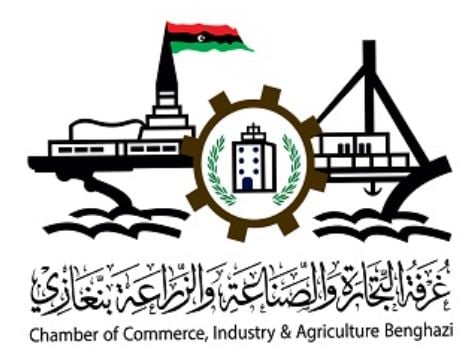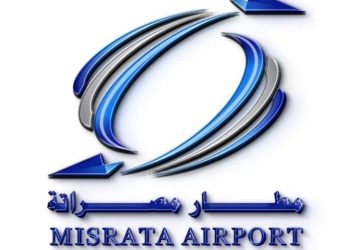By Sami Zaptia.

London, 24 December 2020:
The Central Bank of Libya’s (CBL) loan to the internationally recognized Libyan government based in Tripoli has reached LD 24.481 billion, the CBL revealed on Tuesday in its latest statistical bulleting covering the period from 1 January to 30 November 2020.
Revenues
Oil revenues were LD 2.409 bn and tax revenues earnt LD 609 million. Customs revenues brought in LD 115 m while state telecommunications accrued LD 122 m.
CBL contribution from its profits were LD 250 million, local fuel sales were LD 200 m, other revenues LD 378 million and the Jihad tax earnt LD 165 million. Total oil and sovereign revenues brought in LD 4.239 bn.
LD 1.575 bn from the foreign currency sales surcharge for spending on projects and development.
Outgoings
The biggest outgoing in the budget were state-sector salaries at LD 18.024 bn making 61 percent of outgoings. Operational outgoings were LD 3.042 bn (10 percent), project and development spending were LD 557 m (2 percent).
State subsidies were LD 5.100 bn (17 percent) and the Emergency budget was LD 2.816 bn (10 percent). The total outgoings were LD 29.539 bn.
NOC withholding oil revenues ‘‘for years’’ from CBL
The CBL pointed out for the second consecutive month that in its view the National Oil Corporation is not transferring all oil revenues to the CBL, as stipulated by law. It had not made this notification prior to October. It claims the NOC has been doing this for ‘‘years’’. The NOC has denied this allegation.
NOC suspending November oil revenues in LFB account as part of oil production/export resumption agreement
The CBL also complained that the NOC had not transferred oil revenues for the month of November.
This is because it has suspended these revenues temporarily in its Libyan Foreign Bank account as part of the Maetig-Hafter political agreement through which Khalifa Hafter allowed oil production and exports from the eastern oil fields under his military control to resume.
In return, the western Libyan authorities would increase transparency and accountability of how oil revenues were being spent by the Tripoli government. They would also distribute these revenues in a fairer manner.
The agreement also included the ending of the suspension of the bank clearance system with eastern Libya, the meeting of the unified CBL board and the reunification of the LD exchange rate .
This is a political agreement between the split Libyan streams which the CBL has objected to – but has had to nevertheless go along with.
LD 22 bn CBL loan to cover budget deficit to 31 October 2020 | (libyaherald.com)
Prices will decrease by 35-45 percent because of dinar devaluation: CBL expert | (libyaherald.com)
UNSMIL congratulates CBL on unification of exchange rate | (libyaherald.com)
The Maetig-Hafter proposal to resume oil exports: Analysis | (libyaherald.com)
CBL unified board holds a ‘‘preliminary’’ meeting | (libyaherald.com)
The Maetig-Hafter proposal to resume oil exports: Analysis | (libyaherald.com)
CBL: LD 3 bn in FX smuggling, money laundering – accuses local banks of corruption









